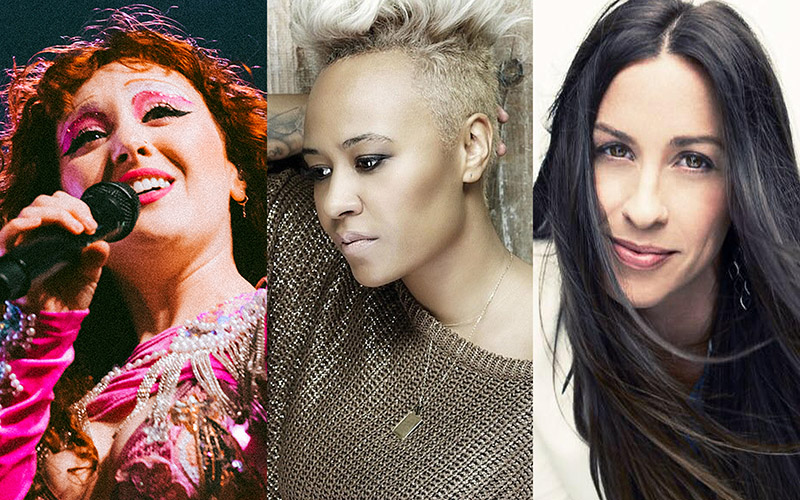Star Power vs. Pride Crackdown: Celebrities Mobilize Against Hungary's LGBTQ+ Restrictions

In a powerful call to action, a prominent British LGBTQ+ advocacy group is urging musicians like Chappell Roan and Emeli Sandé to raise their voices against Hungary's increasingly oppressive anti-LGBTQ policies. The organization is challenging these influential artists to use their platforms and speak out against the discriminatory measures that continue to marginalize and harm the LGBTQ+ community in Hungary.
The group is highlighting the urgent need for international solidarity, asking these high-profile musicians to draw global attention to the systematic restrictions and human rights violations facing LGBTQ+ individuals in the country. By leveraging their celebrity status and public influence, these artists could potentially create meaningful pressure for change and support for Hungarian LGBTQ+ rights activists.
With Hungary's government implementing increasingly restrictive policies that limit LGBTQ+ rights and representation, the advocacy group believes that public figures have a critical role to play in challenging these discriminatory practices and standing up for equality and human dignity.
